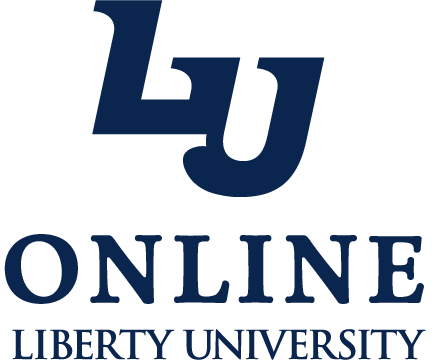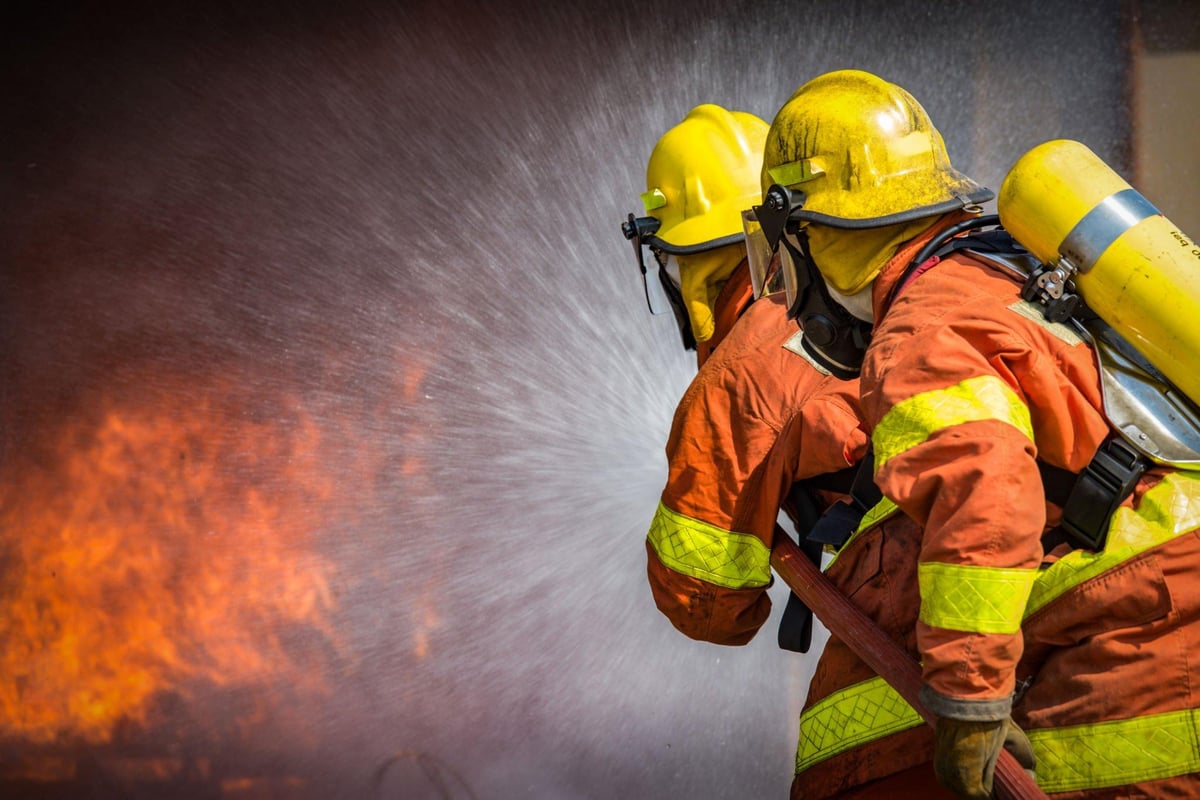Fire Science classes near me in Winston
In the Winston metro area, the average cost of a class is $12000 and the average class length is approximately 24 weeks long
Trade and industry classes near
Winston-Salem, NC 27101Online classes
Financial aid
Certificate
Short classes

Liberty University Online
BS: Civil Engineering
- Online, completion in as little as 42 months.
- Option to transfer credits for up to 75% of the entire degree.

Liberty University Online
BS: Aviation Management
- Online, completion in as little as 42 months.
- Option to transfer credits for up to 75% of the entire degree.

Waldorf University
AA Occupational Safety & Health
- Online, estimated completion in 2 years for full-time students
- Covers industrial hygiene, occupational safety, and more
Fire Science classes near me in Winston
Are you interested in a career in fire science? Do you want to learn how to fight fires, save lives, and protect communities? If so, you're in luck! Winston has a variety of fire science classes available for aspiring firefighters. In this blog post, we'll explore what fire science is, the training requirements, what to look for in a class, what to expect from the day-to-day, the certification process, how to find a related job, and other classes you can take after becoming a fire science professional.

Introduction
Fire science is the study of fire behavior, prevention, and suppression. It encompasses a wide range of topics, including fire chemistry, fire investigation, building construction, hazardous materials, and emergency management. Firefighters play a crucial role in protecting lives and property from the dangers of fire. They respond to emergency calls, extinguish fires, provide medical assistance, and educate the public on fire safety.
Training Requirements
Before you can become a firefighter, you'll need to complete the necessary training and education. The specific requirements may vary depending on the state and department you wish to work for, but here are some general training requirements:
- High School Diploma or GED: Most fire departments require candidates to have a high school diploma or GED.
- EMT Certification: Many fire departments require firefighters to be certified emergency medical technicians (EMTs) or paramedics.
- Fire Academy: Firefighters must complete a fire academy training program, which includes classroom instruction, physical fitness training, and hands-on firefighting exercises.
- Physical Fitness: Firefighters must be in excellent physical condition and pass a physical fitness test.
- Background Check: Candidates for firefighter positions must pass a background check, including criminal history and drug testing.
What to Look for in a Class
When searching for fire science classes near you in Winston, there are several factors to consider. Here are some things to look for:
- Accreditation: Ensure that the institution offering the fire science class is accredited by a recognized accrediting agency. This will ensure that the program meets certain standards of quality and that your certification will be recognized by employers.
- Experienced Instructors: Look for classes taught by instructors with experience in the field of fire science. They should have firsthand knowledge of firefighting techniques and be able to provide real-world examples.
- Hands-On Training: Fire science is a practical field, so it's important to find a class that offers hands-on training opportunities. Look for classes that provide practical exercises and simulations to help you develop the skills needed to succeed as a firefighter.
- Job Placement Assistance: Some fire science programs offer job placement assistance to help graduates find employment after completing their training. This can be a valuable resource for networking and finding job opportunities.
What to Expect from the Day-to-Day Class
Fire science classes typically involve a combination of classroom instruction and practical training. Here's what you can expect from the day-to-day:
- Classroom Instruction: You'll learn about fire behavior, fire prevention, emergency medical services, hazardous materials, building construction, and more through lectures, discussions, and presentations.
- Hands-On Training: You'll have the opportunity to practice firefighting techniques, use firefighting equipment, and participate in simulations and drills to develop your skills.
- Physical Fitness Training: Firefighters must be physically fit, so expect to engage in physical fitness training activities such as running, weightlifting, and circuit training.
- Teamwork: Firefighting is a team effort, so you'll learn how to work effectively as part of a team and communicate with your fellow firefighters.
Certification Process
After completing your fire science training, you'll need to obtain certification to work as a firefighter. The certification process may vary depending on the state and department you wish to work for, but here are some general steps:
- Written Exam: You'll need to pass a written exam that tests your knowledge of fire science principles, firefighting techniques, and emergency medical services.
- Physical Fitness Test: Firefighters must meet certain physical fitness standards, so you'll need to pass a physical fitness test that evaluates your strength, endurance, and agility.
- Skills Assessment: You'll be evaluated on your ability to perform firefighting tasks, such as operating fire hoses, using breathing apparatus, and rescuing individuals from burning buildings.
- Background Check: Candidates for firefighter positions must pass a background check, including criminal history and drug testing.
Finding a Related Job
Once you've completed your fire science training and obtained your certification, you'll be ready to start your career as a firefighter. Here are some tips for finding a related job:
- Network: Attend job fairs, join professional organizations, and connect with current firefighters to expand your network and learn about job opportunities.
- Volunteer: Consider volunteering as a firefighter or in a related role to gain practical experience and make connections in the field.
- Job Boards: Check online job boards and career websites for firefighter job postings in your area.
- Department Websites: Visit the websites of local fire departments to learn about job openings and application processes.
Other Classes to Consider
Once you've become a certified firefighter, there are additional classes you can take to further your education and advance your career. Here are some options:
- Emergency Medical Services: Consider taking additional classes to become a certified paramedic or emergency medical technician (EMT). This will expand your skills and make you a valuable asset on the fireground.
- Fire Investigation: If you're interested in fire investigation, consider taking classes in fire science or criminal justice to learn how to determine the cause and origin of fires.
- Leadership and Management: As you progress in your career, you may be interested in taking classes in leadership and management to develop your leadership skills and prepare for supervisory roles.
- Specialized Training: Firefighters can also pursue specialized training in areas such as hazardous materials response, technical rescue, or wildland firefighting to expand their knowledge and skills.
Final Thoughts
If you're interested in a career in fire science, Winston has a variety of classes available to help you get started. From fire academies to fire science programs, there are plenty of options to choose from. Remember to consider accreditation, experienced instructors, hands-on training, and job placement assistance when selecting a class. After completing your training and obtaining your certification, you'll be ready to embark on an exciting career as a firefighter. For more information on fire science classes and other vocational training programs, visit Dreambound at https://dreambound.com/. Dreambound is the largest platform for students to find vocational training programs, such as allied health or industrial trades. Their mission is to provide all the information students need to find the perfect class. So, what are you waiting for? Start your journey to becoming a firefighter today!
Explore Dreambound's in-depth guides, each shedding light on the unique requirements and challenges in cities across the US. For more insights, be sure to check out our other guides.
- How to Become a Firefighter in Delaware
- How to Become a Firefighter in Maine
- How to Become a Firefighter in Montana
- How to Become a Firefighter in North Dakota
- How to Become a Firefighter in Texas
Exploring diverse professional options? Dreambound has comprehensive guides to assist you in making well-informed decisions. Take a look at these resources:
FAQ
What is Dreambound?
Dreambound is the largest platform for students to find career & technical training programs. While we can't guarantee a career outcome, our mission is to provide all the information you need to find the perfect program for you.
What programs do you offer?
Dreambound has over 70 programs across healthcare, technology, business, and industrial trades. This includes programs such as Medical Billing, Cybersecurity, and welding.
Do you offer financial aid?
Some of our schools offer financial aid for those who qualify. Many others offer payment plans, where you can pay the cost of class over time.
Is it possible to do online classes?
Yes, Dreambound offers many online programs. On Dreambound's search, you can filter by online, in-person, and hybrid (part online, part in-person).
